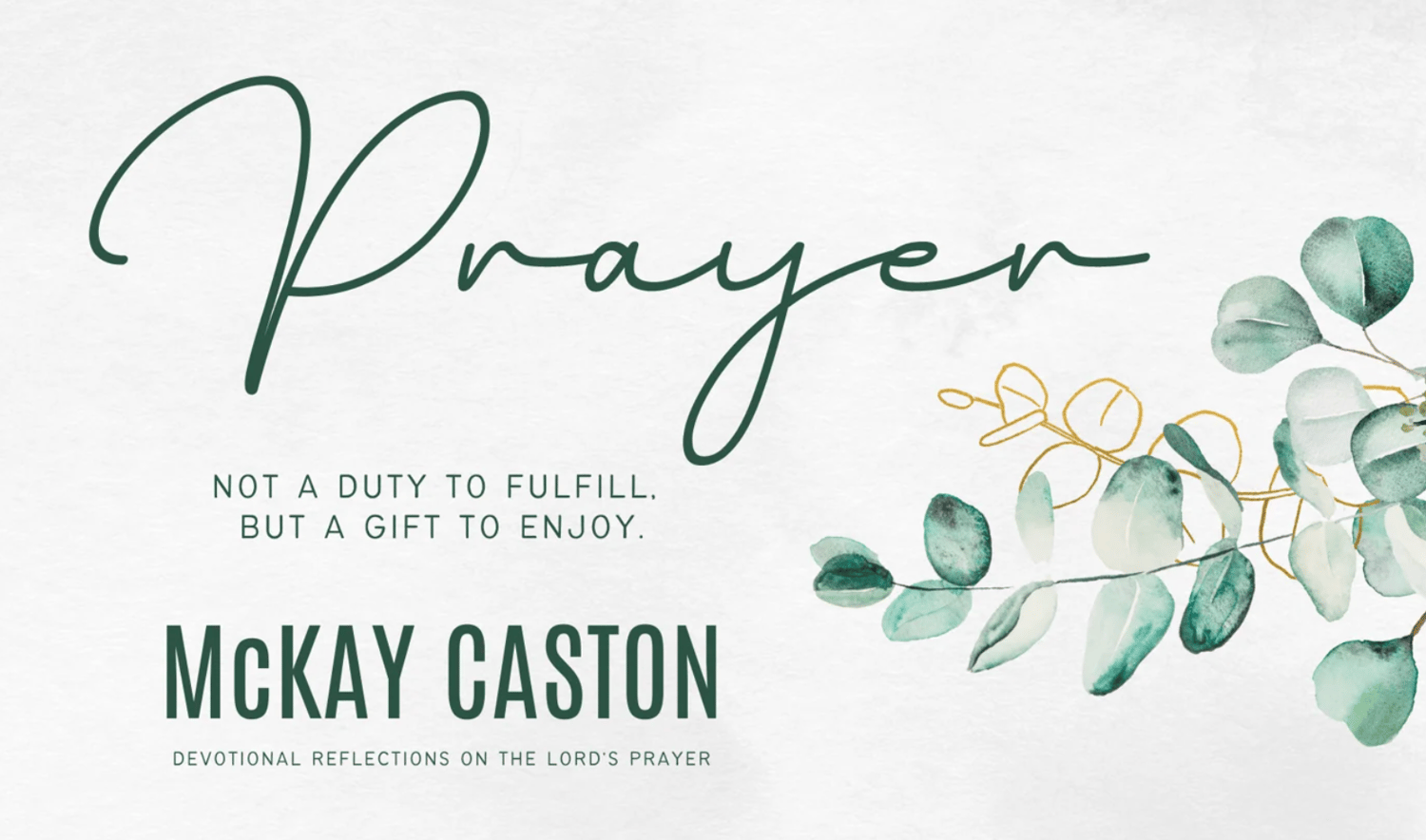"In my distress, I called upon the Lord; to my God, I cried for help." — Psalm 18:6a
When you read the Psalms, one thing that stands out is how often God's people find themselves in distress.
The Hebrew word translated distress (צָרָה, tsarah) in Psalm 18:6 is used seventy-three times in the Old Testament, with twenty-four of those occurrences in the Psalms. The word may also be translated trouble, affliction, or anguish.
In Lamentations, the prophet Jeremiah expresses the horror of the Babylonian invasion and destruction of his homeland, saying, "After affliction and harsh labor, Judah has gone into exile. She dwells among the nations; she finds no resting place. All who pursue her have overtaken her in the midst of her distress" (Lam. 1:3).
In Psalm 18, engulfed with trouble, affliction, and anguish, David calls upon the LORD. With poetic intensification, he uses the word "cry" to express the tone of his prayer. The Hebrew word translated cry (זָעַק, zaaq) indicates this is not a gentle request but a loud and urgent exclamation of need. David wailed—like the cry of a hungry infant whose only hope for relief comes from above or the wailing of a mother whose child has been abducted.
We see this in the collective wail of the Israelites in Exodus 2:23, who "groaned in their slavery and cried out."
We don't have to be Israelites in the Old Testament to understand distress.
For some, the trouble is anguish over a wayward child, a struggling marriage, a hard diagnosis, stress in the workplace, social and political turmoil, a financial calamity, etc.. For others, the despair may concern besetting sin patterns that enslave the heart like the Egyptian oppression of Jacob's descendants.
Maybe you don't know how to express your distress in prayer with the right words? Like the Israelites, your "prayer" is just a groan. Maybe you don't think the Lord hears or cares.
For this, we need the second half of Psalm 18:6, which reads, "From his temple he heard my voice, and my cry to him reached his ears."
This Psalm ends up being the fourth longest in the entire collection, declaring the Lord to be a rock, fortress, deliverer, strength, shield, horn of salvation, and high tower. Even though David had not yet beheld the cross of the One who fulfilled all those images of rescue, he possessed plenty of evidence that the Lord is not only sovereign and strong but gracious and good. Not only mighty but merciful.
In the midst of distress, rescue may seem a long way off.
I can't imagine being stranded alone in the middle of the ocean on a life raft. Wondering and waiting day after day. Will rescue come?
In these cases, we join with David in Psalm 30, "We wait in hope for the Lord; He is our help and our shield." We cry out and we groan, believing our Father hears and understands.
Ideally, we wait in hope.
But waiting is hard. Trusting the Lord's story to unfold in a way that magnifies not only His greatness and glory but also His grace and goodness can be excruciatingly painful, requiring a faith that is securely tethered to the cross of Jesus.
We need this cross-tethering because it is there we see Jesus endure the ultimate distress. An anguish we deserve but will never have to experience.
Jesus was put through that distress for us.
Feeling the force of judgment, he cried out with anguish, "My God, my God, why have you forsaken me?" It wasn't just the physical pain. It was emotional and mental distress of the most severe kind.
Although Jesus was quoting Psalm 22, His utterance wasn't a formality. Even if he wasn't being forsaken, he felt forsaken, as if the Father had closed his ears to the cries of His Son.
But Jesus' suffering wasn't arbitrary but purposeful. As Jesus fulfilled the demands of the law by serving our sentence, he satisfied justice. And with justice fulfilled, the floodgates of mercy could open—as well as the ears of the Father to the cries of his children.
The author of Hebrews puts it like this,
"Therefore, since we have a great high priest who has ascended into heaven, Jesus the Son of God, let us hold firmly to the faith we profess. For we do not have a high priest who is unable to empathize with our weaknesses, but we have one who has been tempted in every way, just as we are—yet he did not sin. Let us then approach God’s throne of grace with confidence, so that we may receive mercy and find grace to help us in our time of need" (Heb 4:14-16).
Notice that full access to our sovereign Father is granted so that He might leverage His power for us. When? In our time of need.
He hears and is able.
Ability is not the issue. Neither is a heart of concern and care. The cross proves this.
He may intervene and respond immediately. Or He may take time. His time. But His timing is always the right timing, and like the cross, is always purposeful.
So, when you find yourself in distress, trouble, or affliction, just cry out. With words, groans, or tears. Don't try to say it right.
As a friend reminded me on Twitter recently, "Help" is a complete prayer.
Just get it out, casting all your fears, anxieties, stress, worry, and doubt into the nail-scarred hands of Jesus. Look to Him and believe He hears, cares, and "is able to do immeasurably more than all we can ask or imagine."
Read more articles like this at crosstethered.com.
For cross-tethered discipleship resources, visit mckaycaston.com.
Check out our book, Prayer: Not a Duty to Fulfill, but a Gift to Enjoy.


Comments ()